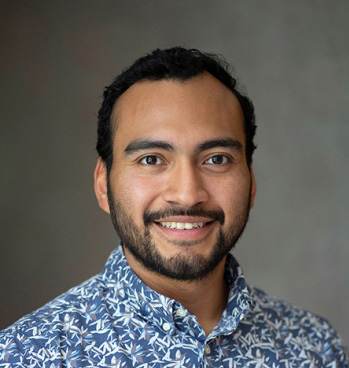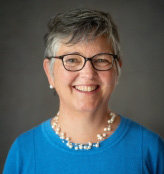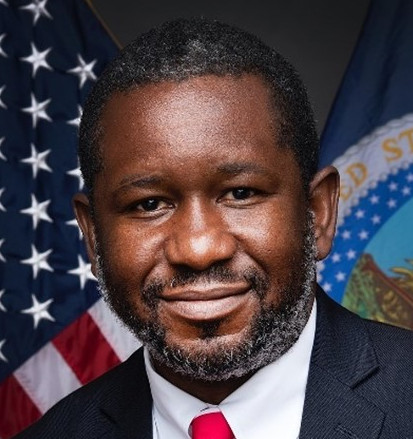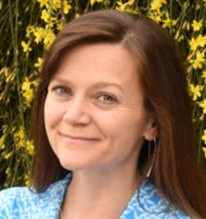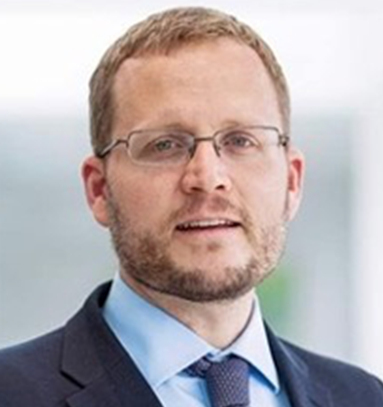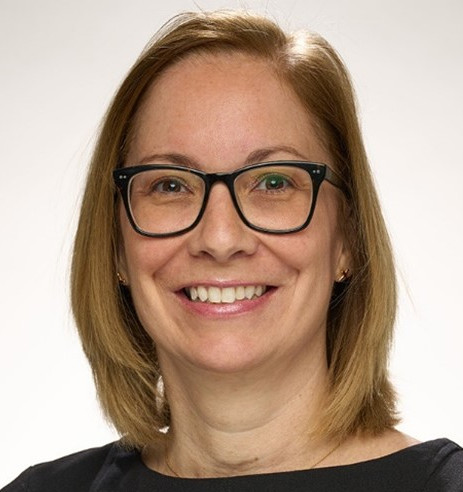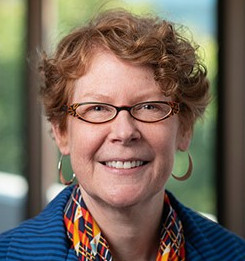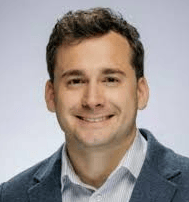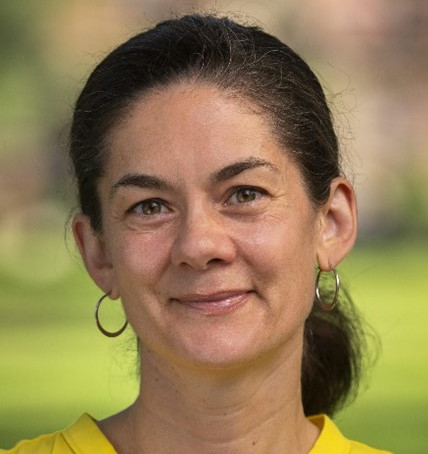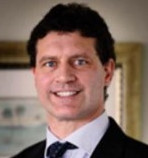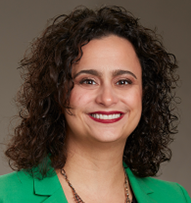The Policies for Place initiative at the Upjohn Institute brings together experts from around the country to study community-based strategies to create good jobs—and how to help people get and keep those good jobs.
This initiative represents a unique approach to helping people in distressed places.
- We focus on good jobs because research shows that helping residents get and keep good jobs is the key to broadly shared local prosperity.
- We recognize that effective policies are attuned to local conditions. While federal or state support is important, local leadership and cooperation are key.
- We provide recommendations for evidence-based, place-based policies that are tailored to the needs of individual communities.
Our Team
Advisory Network
The Policies for Place Advisory Network is an interdisciplinary group of experts in place-based policy. This network plays a pivotal role in ensuring that our research addresses key issues and generates meaningful outcomes. Additionally, advisors promote collaboration and facilitate connections with stakeholders, thereby enhancing the relevance and impact of our work. Members of the network help advance knowledge and drive positive change within the world of place-based policies.
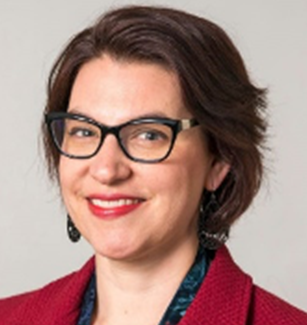 Mary Donegan
Mary Donegan
Associate Professor-in-Residence of Urban and Community Studies
University of Connecticut
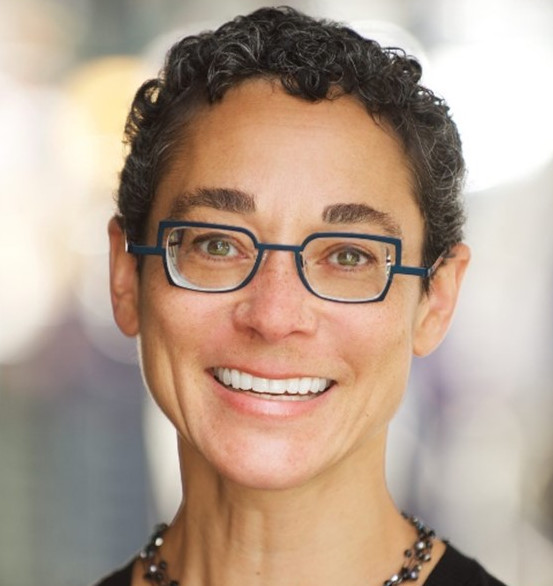 Lisa-Nicolle (Nicky) Grist
Lisa-Nicolle (Nicky) Grist
Chief of Research, Evaluation, and Finance
Cities for Financial Empowerment (CFE) Fund
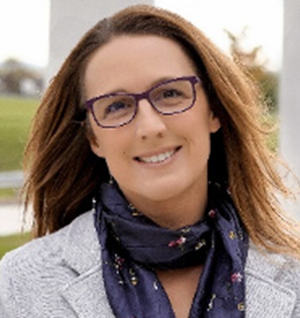 Jennifer Iriti
Jennifer Iriti
Assistant Vice Chancellor for Research Education & Evaluation Strategy
University of Pittsburgh
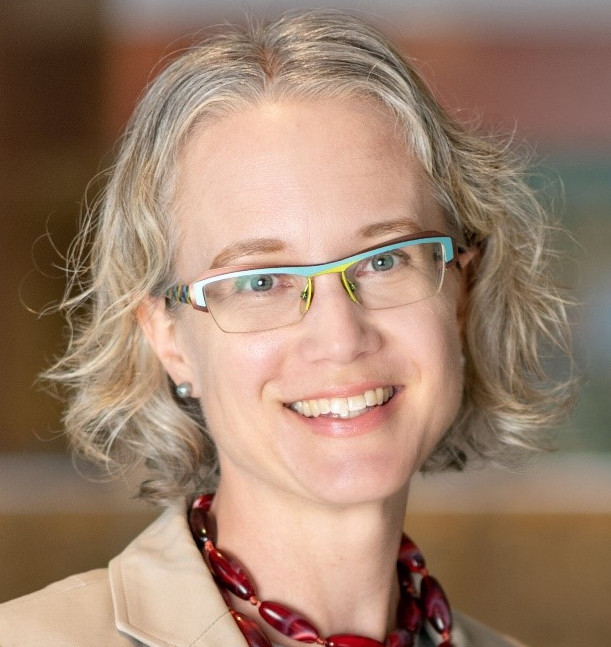 Abigail Wozniak
Abigail Wozniak
Vice President and Director of the Opportunity & Inclusive Growth Institute
Federal Reserve Bank of Minneapolis





